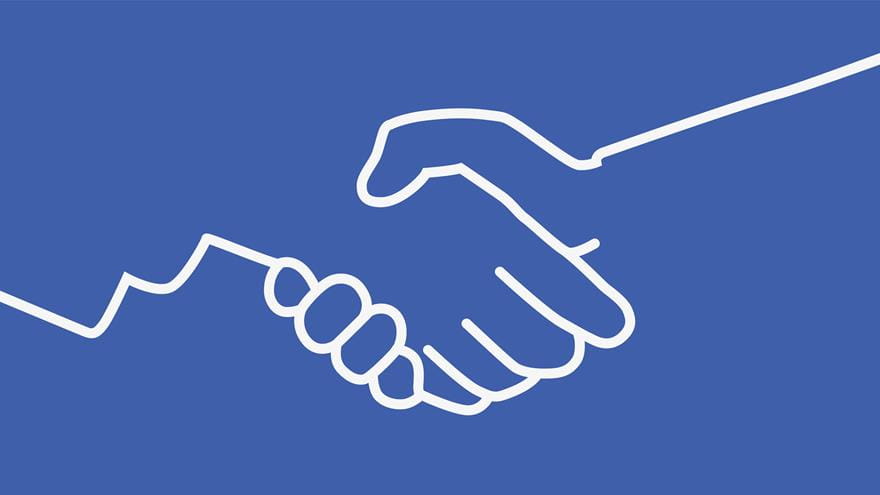Q&A with Dr. Eric Zillmer: Lance Armstrong’s Legacy
August 27, 2012
Related

- Partnerships and Projects: Drexel's Recent Industry and Civic Engagement Connections
- Women's Basketball to Face Texas in Opening Round of NCAA Tournament
- The Drexel Ombuds is Here to Listen and Help
- Your Brain in the Zone: A New Neuroimaging Study Reveals How the Brain Achieves a Creative Flow State

Yes. The landscape of doping enforcement in sports is still developing. But most international athletic associations are deferring to the athletes’ host nation to manage their doping eligibility. In turn, international sports organizations such as the Tour de France or the Olympic Games adopt—de facto—the verdict of those national agencies. It expedites and streamlines the complexities involved in athletes competing in numerous international athletic events. But it also places much of the burden of doping detection, management and enforcement on those national organizations, which may have different degrees of infrastructure and effectiveness. Why has the organization been so vehement about pursuing the drug case against Armstrong?Lance Armstrong has always polarized people. He has a strong, ultra competitive personality. During his prime he did not defeat his opponents—he crushed them. When he passed his archrivals in bicycle races such as in the mountain stages of the Tour he would set them up and then stare them down. It was incredible drama. Other than Eddie Merckx from Belgium, there is no bicycle rider who has ever raced like this. To the furor of the French, Lance was “made in the USA.” The bottom line is, you either love him or you hate him. If the claims against Armstrong are false, what reasons would he have to give up fighting the USADA?The doping claims against Armstrong are probably true. While Lance may have beat the system at the time, additional and subsequent tests have found his samples to be positive. A number of his teammates have been found guilty of doping, [and] his former physician and team chef have all been implicated in a doping conspiracy and other racers have testified against him. The evidence is mounting, and it may be a better public relations move by Armstrong to let the court of public opinion decide if he is guilty. His most recent decision not to fight the charges is symbolic of one of his famous racing “moves”—to let someone else win an individual race on purpose, only to later win the entire event. What effect could this scenario have on Armstrong's legacy?
[The effect could be] mixed. One has to remember that Armstrong probably competed against his opponents that were all doped. In addition, race organizers are just as guilty as the riders. To the delight of the public, race organizers have made the Tour increasingly more difficult and inhuman, to the point that the competitors must have felt that they needed an illegal boost to be able [to] stay in the race. However, at the basis of every sporting event is “democracy,” the idea of a level playing field. If Armstrong cheated, he violated this most basic principle of an athletic contest. This most recent development leaves me divided, because the history books will have erased his magnificent run of seven Tour titles. I personally feel that Armstrong’s titles should not be forfeited. Otherwise, modern science can rewrite the history books of athletics retroactively. The beauty of sports is that it creates moments that can last a lifetime. If those moments get drawn out because of the controversy about an athlete’s performance, all of sports will ultimately lose.
In This Article
Drexel News is produced by
University Marketing and Communications.
now.editor@drexel.edu
For story suggestions or to share feedback
now.webmaster@drexel.edu
For questions concerning the website, or to report a technical problem